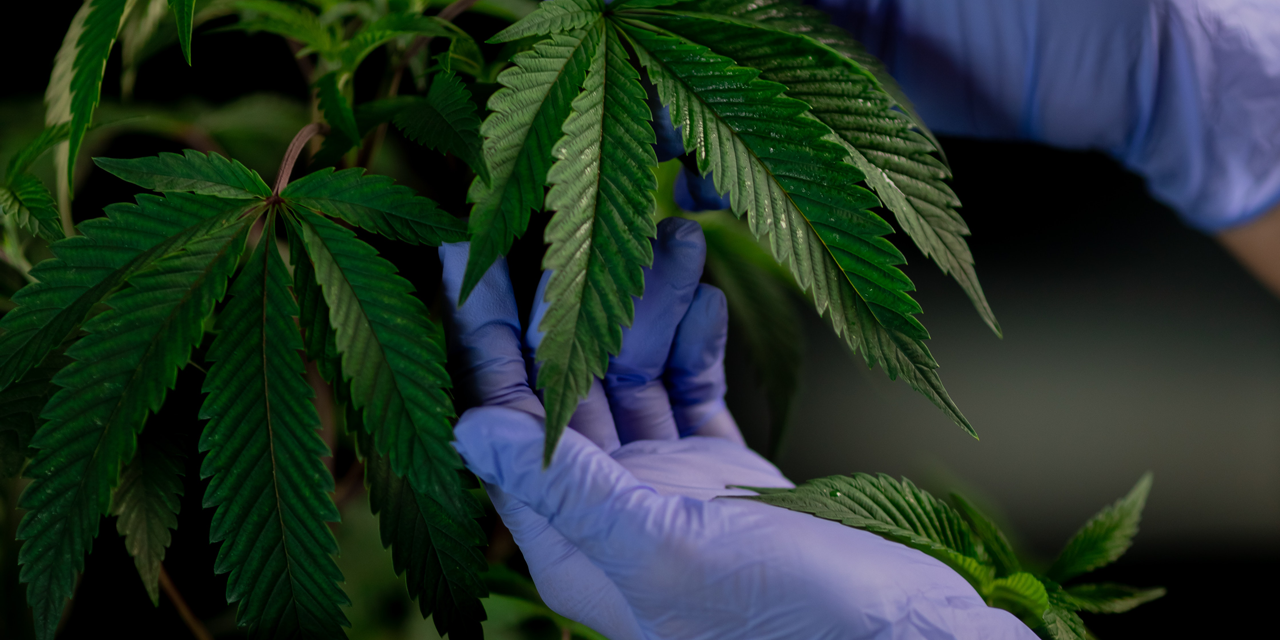Introduction: With the growing popularity of CBD and hemp-derived products, it’s crucial to have a clear understanding of the legal landscape surrounding these substances. In 2018, the United States government enacted the Federal Farm Bill, which brought about significant changes regarding the cultivation, sale, and consumption of CBD and hemp-derived THC. In this blog post, we will delve into the key aspects of the 2018 Farm Bill and explore the laws governing CBD and hemp-derived THC.
The 2018 Federal Farm Bill: An Overview: The Agricultural Improvement Act of 2018, commonly known as the 2018 Farm Bill, was signed into law on December 20, 2018. This legislation brought sweeping changes to the cultivation and regulation of industrial hemp and its derivatives, including CBD and hemp-derived THC.
Legal Definition of Hemp: The 2018 Farm Bill officially defined hemp as cannabis with a THC (tetrahydrocannabinol) content of 0.3% or less on a dry weight basis. Hemp is now distinguished from marijuana, which contains higher levels of THC and remains federally classified as a controlled substance.
Removal of Hemp from the Controlled Substances Act: Under the 2018 Farm Bill, hemp was removed from the list of controlled substances, effectively legalizing its cultivation, transportation, and sale at the federal level. This opened doors for the legal production of hemp-derived products, including CBD and hemp-derived THC, as long as they meet the legal definition of hemp.
Legalization of CBD: With the removal of hemp from the controlled substances list, CBD derived from hemp became federally legal, provided it contains less than 0.3% THC. This led to a surge in the availability and popularity of CBD products in various forms, including oils, tinctures, edibles, and topicals.
Regulation of Hemp Cultivation: The 2018 Farm Bill granted authority to individual states to develop their own hemp cultivation programs. This means that while hemp is legal federally, states have the power to regulate its cultivation, licensing, and inspection procedures. It’s essential to understand the specific regulations in your state to ensure compliance with local laws.
Testing and Quality Control: The 2018 Farm Bill emphasizes the importance of testing and quality control measures for hemp and hemp-derived products. It requires states to develop procedures to ensure that hemp is properly tested for THC levels, and it provides guidelines for the disposal of hemp that exceeds the legal THC limit.
Conclusion: The 2018 Federal Farm Bill marked a significant turning point in the legal status of hemp, CBD, and hemp-derived THC in the United States. By legalizing hemp cultivation and distinguishing it from marijuana, the bill opened the doors for the production and sale of hemp-derived products. However, it’s crucial to understand that regulations may vary from state to state, and the FDA continues to evaluate CBD as a dietary supplement. If you’re considering using CBD or hemp-derived THC products, it’s advisable to stay informed about the laws in your jurisdiction and ensure compliance with local regulations to enjoy these substances responsibly and legally.
H.R.2 – Agriculture Improvement Act of 2018 – Congress.Gov, www.congress.gov/bill/115th-congress/house-bill/2. Accessed 13 July 2023.







